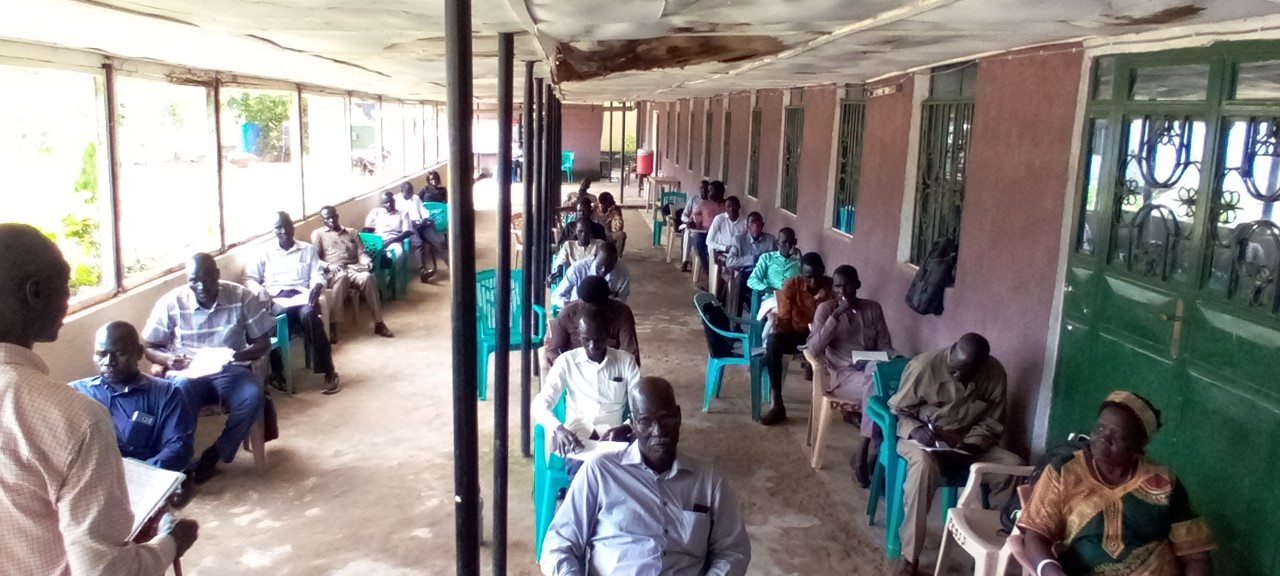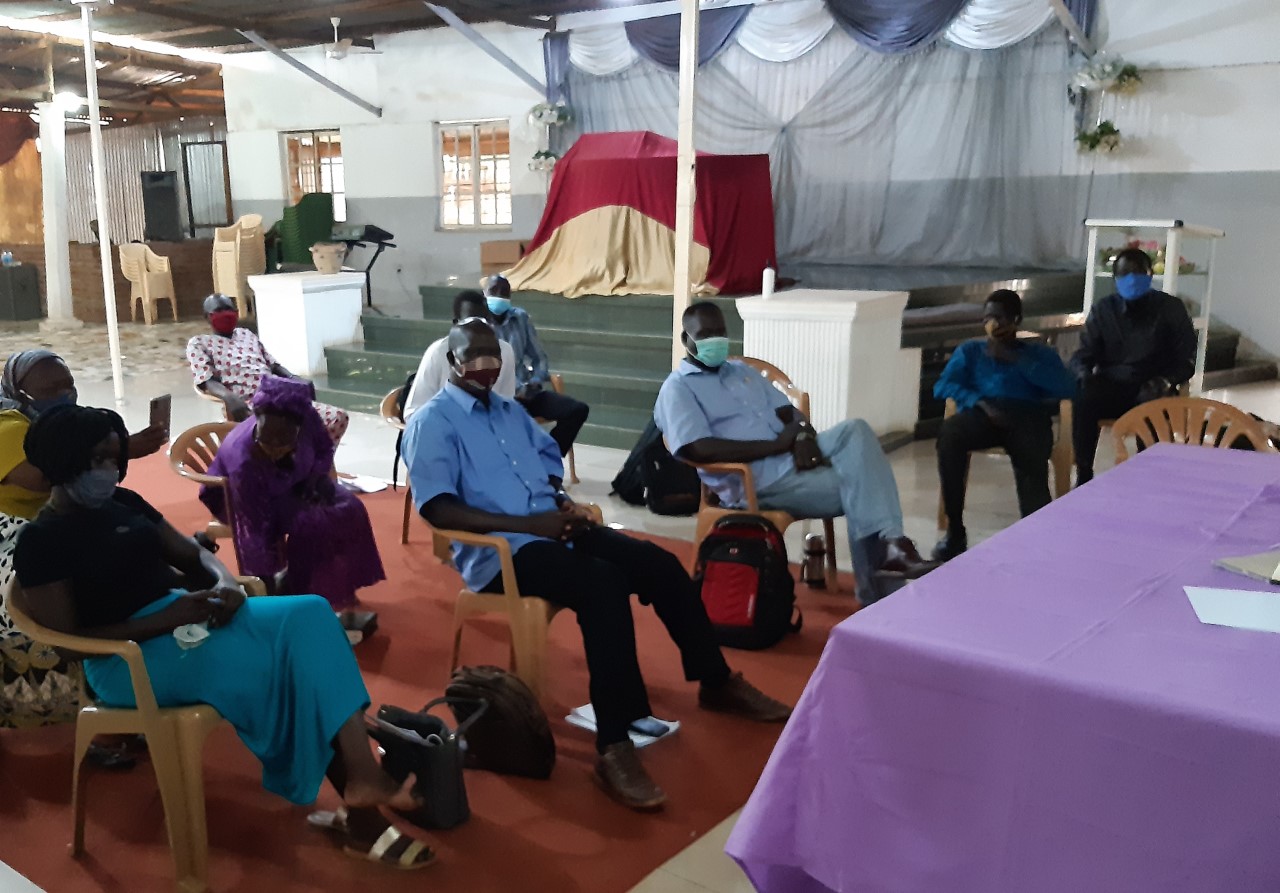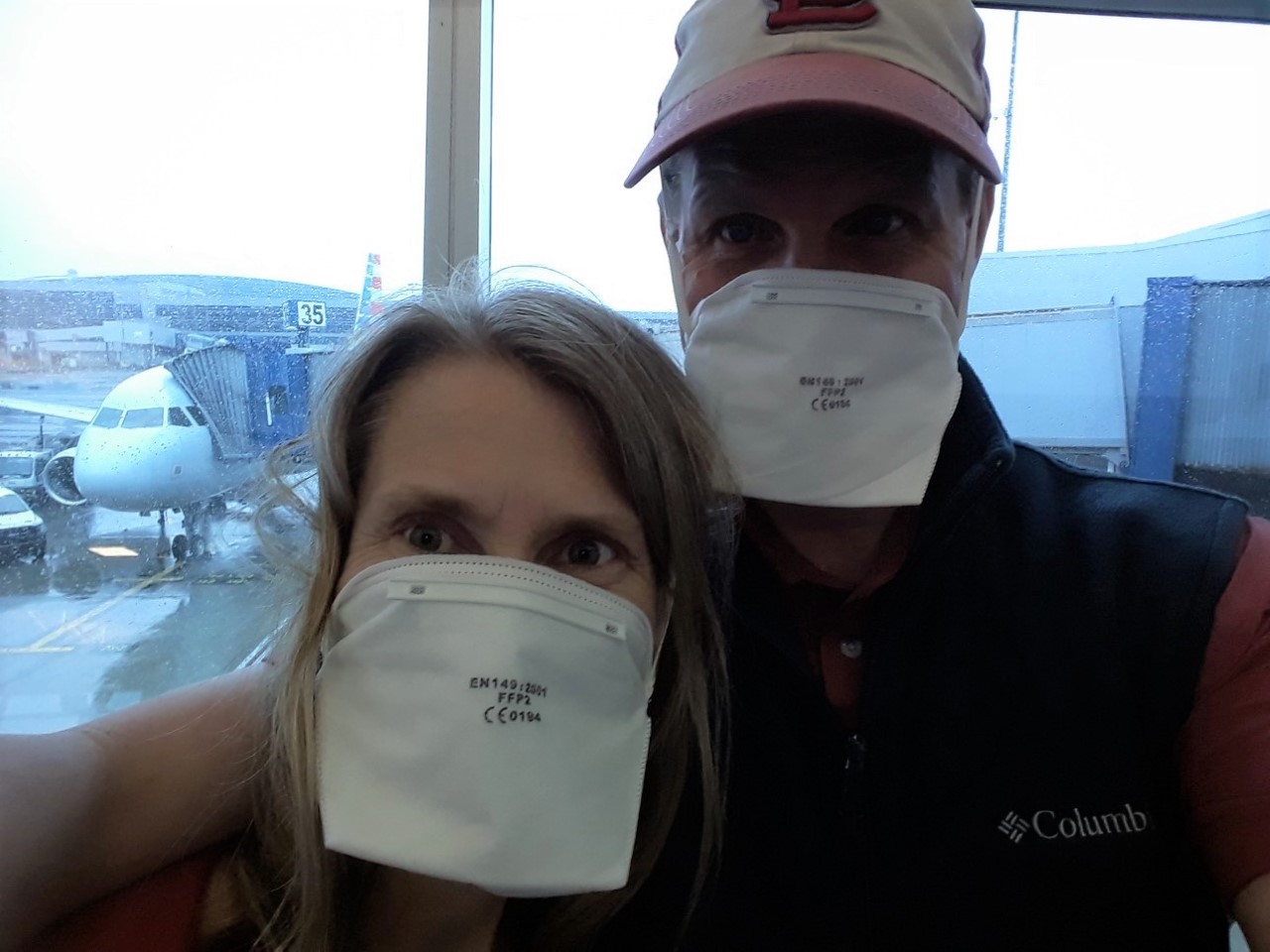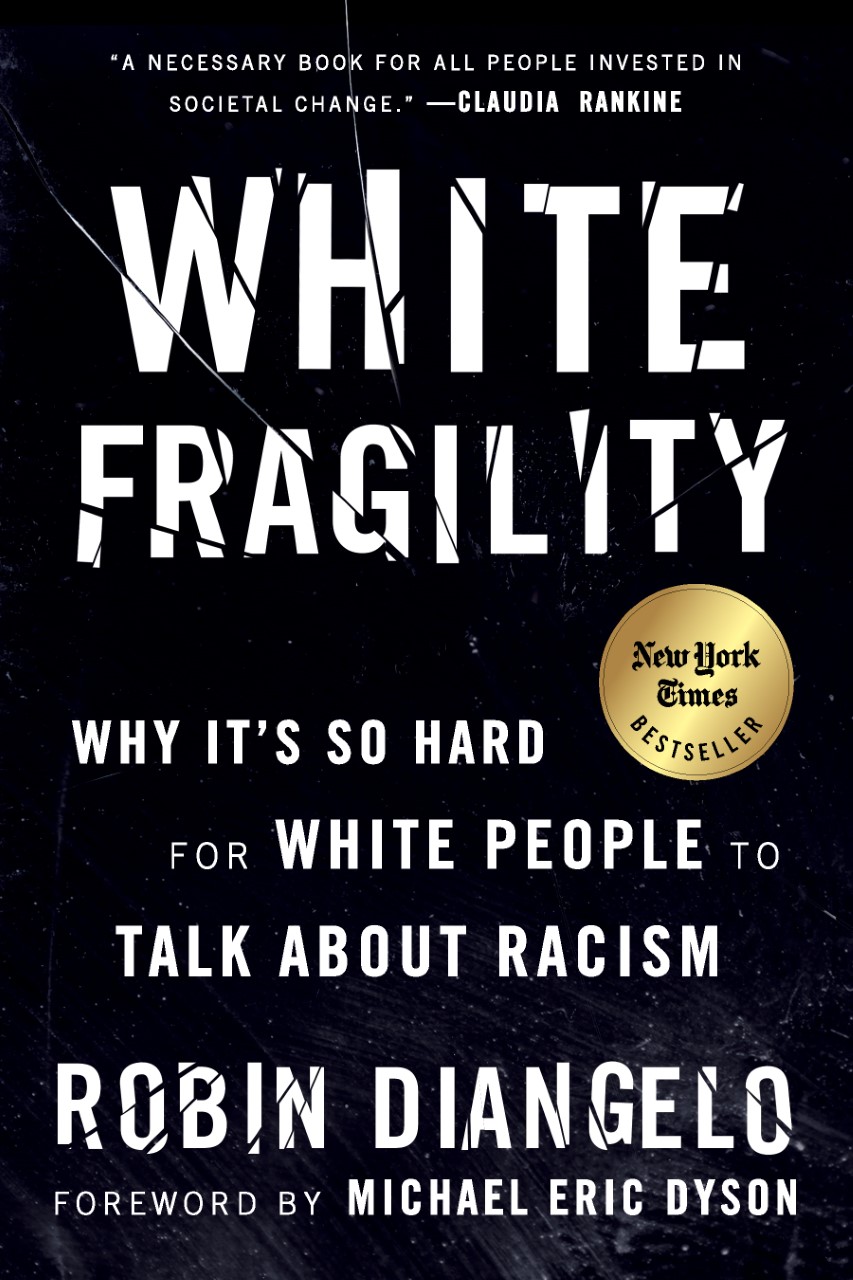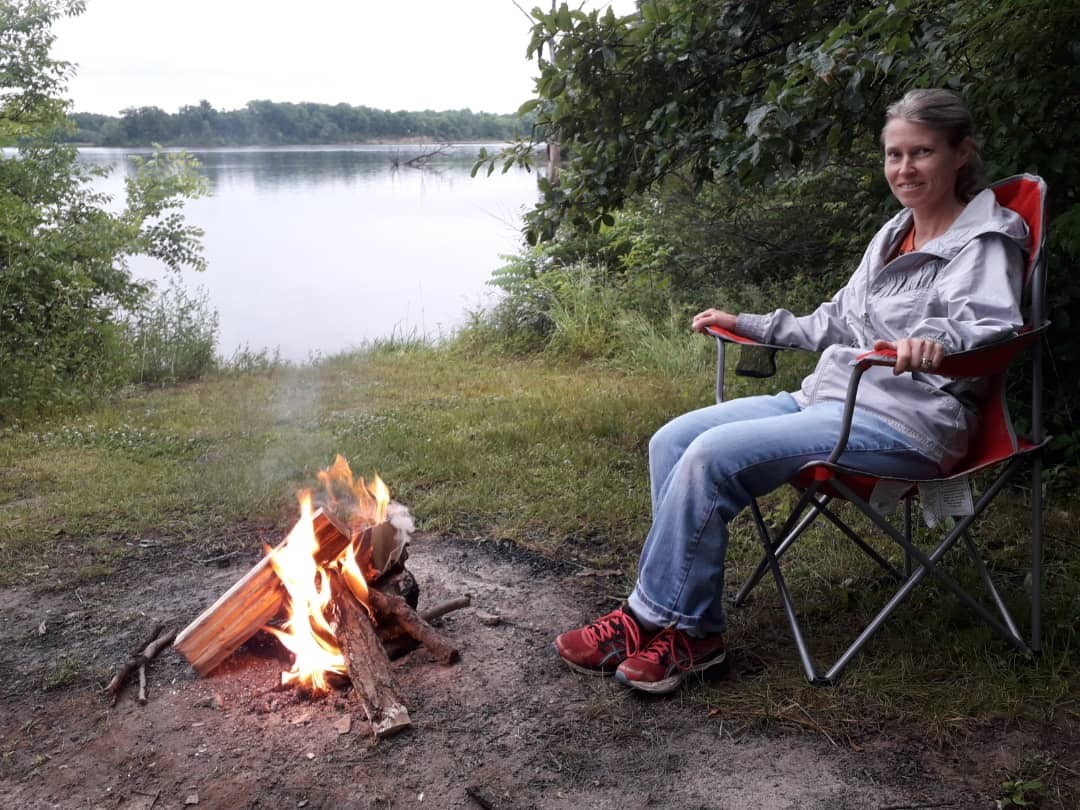COVID-19’s impact on black Presbyterian churches
July 31, 2020

Through the leadership of the Rev. Wayne Steele, Peace Presbyterian Church is very active in the Newburg community in Louisville and Mid-Kentucky Presbytery. (Contributed photo)
It is said, “When America gets a cold, the African American community gets pneumonia.”
The COVID-19 pandemic is proving that to be true. As the virus spreads across the country, it appears that it is impacting African Americans at a disproportionally high rate. In hot spots like New York, Detroit, New Orleans and Chicago, blacks are dying at alarmingly high rates.
The COVID-19 pandemic continues to expose disparities and inequities in the nation’s health care system and socioeconomic status, but it also shines a spotlight on systemic racism and poverty, two issues that have plagued this country for centuries.
The coronavirus crisis is impacting every aspect of the black community, including the church. For African Americans, the church has been an integral part of life for centuries. The church has been key for American Descendants of Slavery (ADOS) through the inhumane treatment of slavery to Reconstruction, Jim Crow and the civil rights movement. ADOS have relied on their faith and their church to sustain them in perilous times.
Now in the age of the COVID-19 pandemic and social isolation, how is the black Presbyterian church faring?
The Rev. Wayne Steele Jr. is the pastor of Peace Presbyterian Church, a church with nearly 100 members in Louisville. Steele has been the pastor for 20 of the 60 years of the church’s existence. “For our African American churches, we don’t have money that’s stored up,” Steele said. “We don’t have nice endowments set aside for rainy days.”
“It’s nice that the government, the church, the presbyteries and the synods are giving loans, but the truth of the matter is with the bottom line that many churches have right now, it’s going to be difficult to pay back a loan to help us survive right now,” he said.
“I’m very concerned that for a lot of our African American pastors, this calling that we have is our only source of income,” he said. “This is our full-time job.”
Peace Presbyterian livestreams on Sunday mornings. “Thanks be to God,” Steele said, that the church had started online giving before the pandemic. “For the African American community, online giving is a new way of giving to the church and we don’t often gravitate to change as quickly as others, so this becomes a new process,” he said. The age of the congregation also impacts online giving, he said. While many African American churches have young adults familiar with technology, it’s the seniors who carry the church financially.
“Last week we mailed all members a personal letter talking about the love of Jesus,” he said. “Not only did we talk about their spiritual responsibility to the church, but their financial responsibility as well.”
An offering envelope was enclosed with the letter. “Hopefully they will take advantage of that,” he said. “I’ve heard some good positive responses from members promising to mail their contributions.” The church is open on Mondays and has made accommodations for members to drop a check off while practicing social distancing.
The congregation is assessing its staffing situation every month. And while finances may be an issue, Peace Presbyterian continues to serve its members and the community. Currently the church offers online Bible study and is exploring opportunities to offer online youth ministries. Additionally, the church continues to serve the community through its food pantry ministry.
Gail Strange, Director of Church and Mid-Council Communications, Presbyterian Mission Agency
Let us join in prayer for:
PC(USA) Agencies’ Staff
Edgar Jones, Administrative Services Group (A Corp)
Ray Jones, Presbyterian Mission Agency
Ray Jones, Presbyterian Mission Agency
Let us pray:
Dear God, thank you for being present in our lives, though we sometimes doubt more than we believe. Thank you for all the good things in our lives. We ask that you continue to walk with us that you may teach us and help us live into our calling, loving others as you loved us. Amen.

